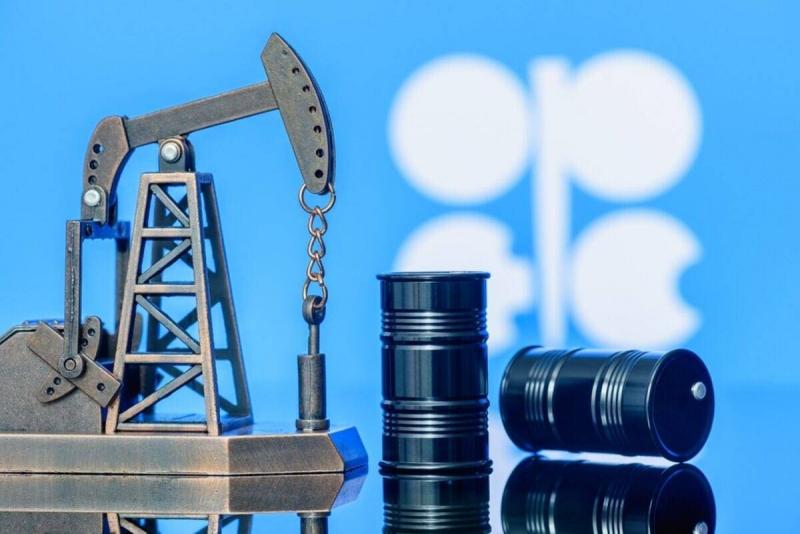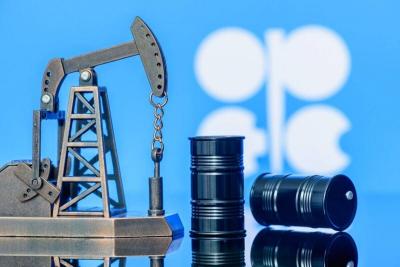The global economy in the twentieth century witnessed, for the first time, the phenomenon of energy globalization, attributed to the worldwide expansion of oil use across various industries. The importance of global supply and demand balance for oil emerged alongside this new phenomenon. In the 1920s, major oil companies adopted their first responsibility for producing and distributing the required amounts of oil globally. In 1928, the heads of giant oil companies secretly convened in what is known as the "Achnacarry Agreement," during a hunting trip at the Achnacarry Castle in Scotland, signing a monopolistic agreement that outlined production and marketing quantities for each, ensuring no competition among them. At that time, this arrangement was viable for the cartel with its production franchise agreements, refineries, pipelines, tankers, and global marketing. This agreement lasted until the beginning of World War II when the U.S. government decided to withdraw American companies from the cartel, leading to its end.
In 1973, OPEC took on the responsibility of determining production levels for its members. OPEC did not form a monopoly, as claimed by the Western media. It only had the right to determine production at that time while oil pricing continued for a long time to be dominated by companies and oil exchanges. Moreover, companies owning refineries, tankers, and distribution in the markets continued their roles in scientific research, aiding the development of industries, exploration, and production in deep seas, while possessing substantial financial portfolios. OPEC countries gradually assumed wider responsibilities through their national oil companies, with their production constituting around 30 percent of global production.
What gave the organization significant international influence was not only its supply of about one-third of the world's oil production, but more importantly, its spare production capacity, which it utilized to maintain the global oil supply and demand balance during economic crises and natural and industrial incidents. This capability to utilize "additional" production capacity to stabilize markets during crises was OPEC's latent strength. Here, Saudi Arabia plays a role not only with its vast reserves but also, and more importantly, with its available additional production capacity and the credibility of its information in stabilizing markets. An example of this was the increase in Saudi production during the Iraqi invasion of Kuwait in the summer of 1990, where Iraqi and Kuwaiti exports halted due to the war and blockade. Global oil production fell by about four million barrels per day due to this war, and Saudi Arabia managed to compensate for it without significantly disrupting market stability.
Prince Abdulaziz bin Salman, the Saudi Minister of Energy, confirmed during his recent participation in a conference in Dhahran that "the Kingdom respects OPEC's decisions, and oil-producing countries are obliged to adhere to the specified daily production." He added, "Our mission in OPEC is to be vigilant about any market movements... and we are ready to increase or decrease production at any time, regardless of market requirements." The Saudi Minister of Energy emphasized that "the Kingdom is keen on ensuring global energy supplies are safe and stable; maintaining the stability of supplies is not solely Saudi Arabia's responsibility, but also that of OPEC and all other oil-producing countries."
This hybrid phase continued with global oil companies playing an important role alongside OPEC, aided by its continuity, despite the majority of oil reserves transitioning to OPEC country ownership. Collaboration and interaction with member countries persisted, despite the significant differences in the foundations that connected them previously, due to mutual needs in developing the oil industry.
Now, as we enter the twenty-first century, the global energy industry has entered a new phase. Initially, between 2014-2016, the extensive production of American shale oil led to a significant drop in prices. In 2016, a strategic alliance formed between two leading oil poles; Russia and Saudi Arabia, resulting in the establishment of the "OPEC Plus" group comprising more than 20 countries, including all OPEC members and Russia, along with other producing nations.
It is now clear, especially after the "COP-28" conference, that low-emission oil will play a role in the globally available energy landscape, alongside sustainable energy sources. This indicates that the rules for stabilizing energy markets are poised for significant changes. Any essential changes in export policies for a particular fuel from major producing countries will face substantial criticism due to their implications for the overall global energy industry.
For example, the strategic importance of liquefied natural gas (LNG) has surged since the onset of the Ukrainian war, as it can be sold in spot, short, or long-term contracts. Additionally, it can be transported by tankers, circumventing pipelines, to various global markets. However, it has now become evident, two years into the Ukrainian war, that the role of LNG is increasingly significant, particularly for the Russian oil industry, which produces LNG from the Arctic, and for European markets in the event of lifted sanctions against Russia in the future.
Regarding the importance of LNG, recent criticisms in the United States were directed at the Biden administration, which decided to "temporarily halt" granting licenses for new LNG production and export projects. Major oil companies protested this decision due to Europe's urgent need for these supplies, which should have been expedited to compensate for lost Russian gas. Any delay in supply provision will lead to disturbances in European gas markets, raising global gas prices.
At the same time, the responsibility on OPEC and the OPEC Plus group will continue to agree upon and commit to setting each member's production quotas, given the ongoing international significance of oil in the future. However, another critical aspect will emerge: the stability of energy alternatives markets altogether in which oil and gas are vital components.
OPEC figures show that oil demand reached an unprecedented level in 2023, exceeding 102 million barrels per day. The CEO of Saudi Aramco, Amin Nasser, predicts that demand will rise in 2024 to about 104 million barrels per day and 105 million barrels per day in 2025.




